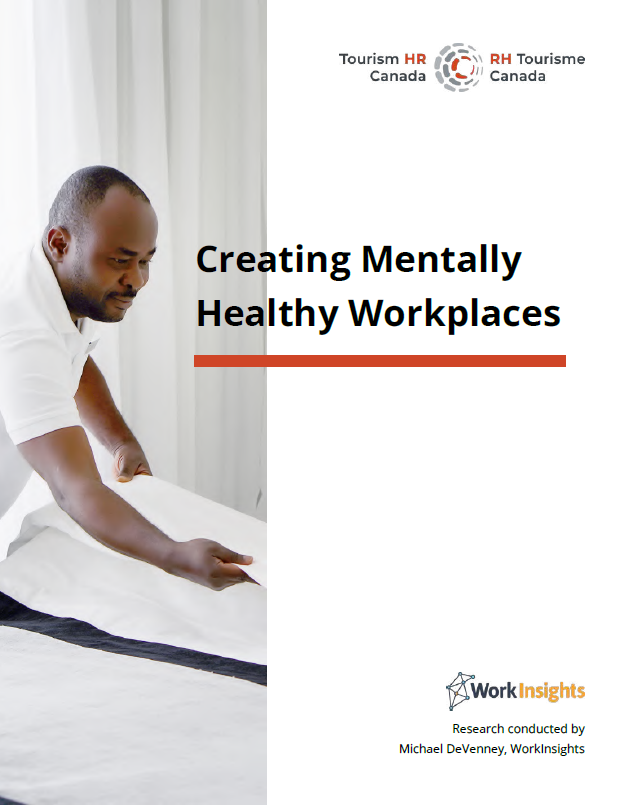As the tourism sector regains a more stable footing following several years of turbulence, it is important to recognize that the world of work has changed. For some people, the pandemic was a period of trauma and loss; for others, it was an extended moment of reflection on the kind of relationship they wanted to have between their work and their life. In either case, workers have different needs and expectations than they did five years ago.
Businesses also went through rapid contraction and re-invention, and are now struggling to regrow their workforce to where it was before the pandemic. In many cases, it will not be possible to return to the old normal, so operators will have to continue to think creatively about how their business is run, and what products and services they can continue to offer. This moment of instability and reinvention equally offers an opportunity to reimagine what working in tourism can look like.
One of the shifts we have seen recently is a renewed focus on workplace mental health and psychological safety. While these issues have been part of the tourism ecosystem for many years, it is only in the past few years that they have become as prominent as they are now. The pandemic shone a spotlight on questions of stress and support, and both employers and workers are figuring out what this new mental health landscape means for them.

From an attraction and retention perspective, workplace mental health is both an HR issue (where employers have certain responsibilities towards their staff) and one of workplace culture (where everyone contributes to a sense of belonging and safety for all of their colleagues).
Tourism HR Canada partnered with WorkInsights to survey tourism employees on their workplace mental health and on the psychological safety of their workplaces, both to understand where things are currently and also to understand the direction the sector must take to ensure tourism remains an employment destination of choice.
Some high-level takeaways from the project include:
- Overall, long-term tourism employees enjoy their jobs, but feelings of stress and insecurity are strongly correlated with willingness or intention to look for work elsewhere. This strongly suggests that businesses that take proactive steps to improve workplace culture and psychological safety will see improved retention.
- Management issues involving limited training or experience were at the root of many reported difficulties, which is perhaps unsurprising given the loss of mid-level managers and supervisors over the course of the pandemic. More training, mentorship, and support are needed for these key players in building and maintaining a healthy workplace.
- Communication challenges were also highlighted as important drivers of workplace mental health, both in identifying needs and in asking for (and getting) help. Specific training on how to start conversations around mental health is recommended for supervisors, as well as broader training in communication for all employees.
This project is funded by the Government of Canada
The opinions and interpretations in this publication are those of the author and do not necessarily reflect those of the Government of Canada.
